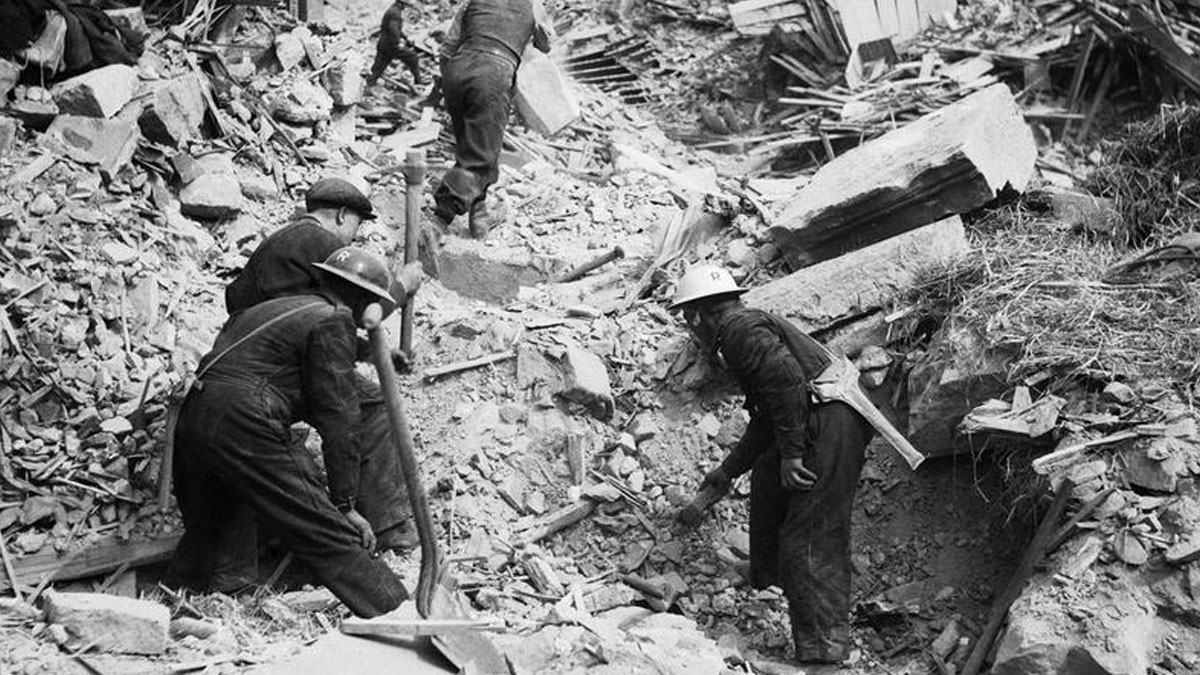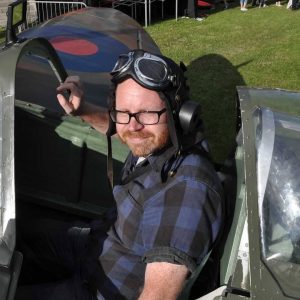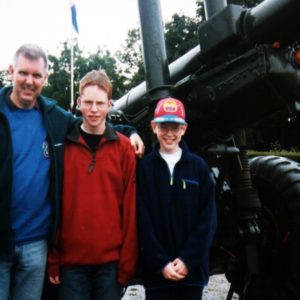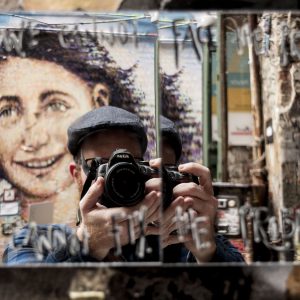Our Mission
WartimeNI seeks to record the rich history of Northern Ireland during the Second World War. Established in 2014 after a trip to Normandy, France, the site details stories large and small from the time. There is also an extensive database of people and places remembering their roles.
The Second World War was a huge historical event and yet the part played by Northern Ireland is often forgotten. Here, you can find out about wartime Northern Ireland, from stories you will know, like the Battle of the Atlantic to the Belfast Blitz. Alongside these events, people got on with their lives as best they could.
Everyday stories in extraordinary times
This site features tales from the daily life of those who served, fought, and died during the Second World War. You’ll find stories from Air Raid Wardens, nurses, farmers, and housewives. As the witnesses of this era pass on, developers destroy any still-standing physical remnants. WartimeNI aims to preserve this important part of Northern Ireland’s history for future generations.
The Second World War affected everyone
The content on WartimeNI is non-sectarian in nature. We remember British and Irish combatants alike. You will learn stories of the American, Canadian, ANZAC and Polish who made temporary homes here. As well as the troops, we feature German prisoners of war, fleeing Jewish refugees and all those with a connection to wartime Northern Ireland.
Our hope is that you learn more about the country from 1939-1945. This is our way of remembering.
About the Author
Scott Edgar became hooked on Second World War stories at an early age. His grandfather, Alexander Liggett, served in the Royal Tank Regiment. Both grandparents would regale a young Scott with tales of desert battles and daring prison escapes. From there it was a journey into an ever more fascinating conflict.
At high-school, Scott studied G.C.S.E. and A-Level history. The former permitted the study of the rise of the Third Reich. On moving to Belfast to attend Queen’s University, he learned more about the role played by Northern Ireland throughout the Second World War.



